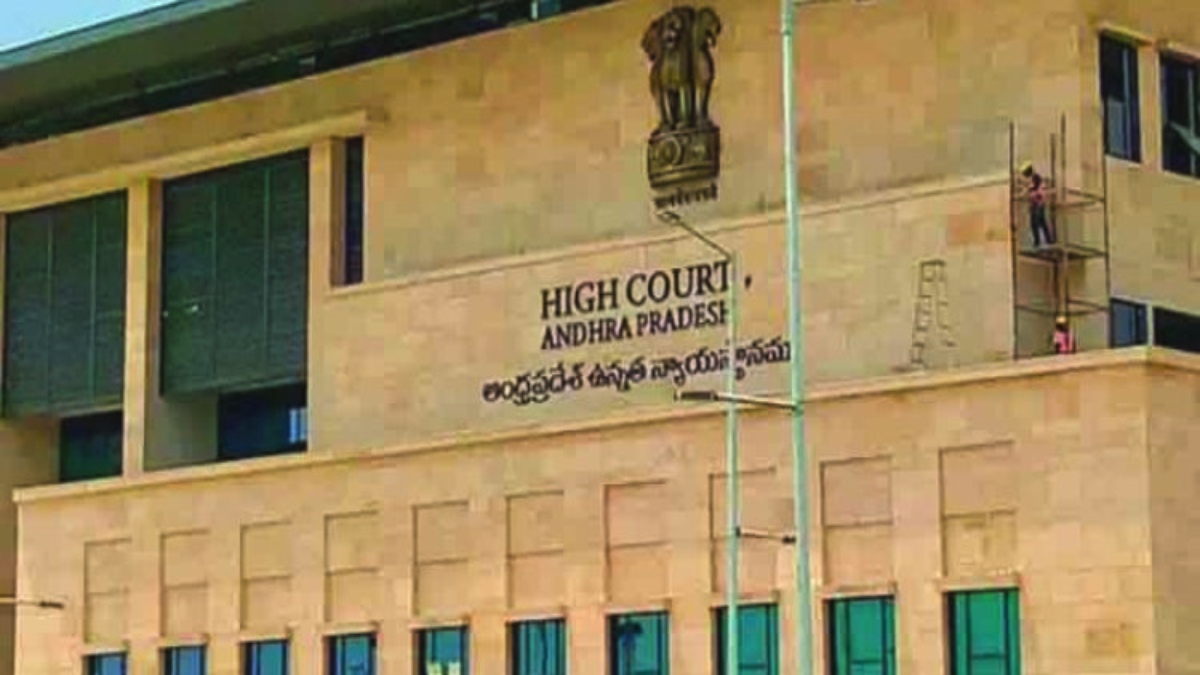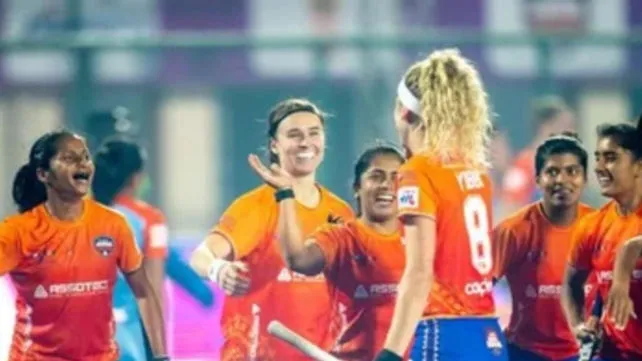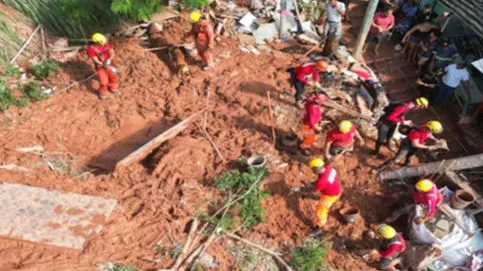The Andhra Pradesh High Court in the case Syed Bilal & Ors. v. State of Andhra Pradesh observed and granted an anticipatory bail to a family accused of demanding dowry from the complainant- daughter in law, and attempting to murder the complainant by strangulation.
The bench comprising of Justice Subba Reddy Satti observed and stated that though there were dispute between the petitioner no. 1 i.e., the husband and the complainant (wife), the entire family had been roped in the controversy.
In the present case, the family is booked for offences punishable under sections 307 and 498-A, reading with section 34 of the Indian Penal Code, 1860 (hereinafter, ‘IPC’) and sections 3 and Section 4 of the Dowry Prohibition Act, 1961 (hereinafter, ‘DP Act’).
It was submitted by the petitioner that the first petitioner i.e., the husband, along with his parents, brothers and sisters harassed the complainant for dowry. The allegations were made by the complainant that the accused persons beat her and she fell down. Further, they tried to strangulate her with a scarf. After the incident, the complainant discussed the matter with her uncle and a complaint was filed by her in March 2022.
The counsel, representing the petitioner retained that they were falsely implicated in the case. The counsel insisted that as per the averments in the complaint, at the most, section 498-A reading with section 34 of Indian Penal Code, 1860 and the Section 3 and Section 4 of the Dowry Prohibition Act, 1961 may be attracted against the petitioners, but not section 307 of IPC. The council also submitted that the complainant had not submitted herself to any medical examination and no wound certificate had been produced to prove the injuries she sustained. Further, it was argued by them that all the family member of the first petitioner were being roped in.
The bail application was opposed by the Special Assistant Public Prosecutor. Moreover, he submitted that the investigation was still going on and that the petitioners’ attempt to kill the complainant attracted section 307 of IPC, making the accused persons unentitled for pre-arrest bail.
The court observed and stated that nothing was produced by the prosecution with regard to the injuries sustained by the complainant. While considering the facts and circumstances of the case, the Court was in view of the disputes between the first petitioner and the complainant, all the family members of the first petitioner were being roped in. The court found the reason to believe to grant pre-arrest bail to petitioners.
The court has directed each of them to furnish self-bond for Rs.20,000/- with two sureties for a like sum. The court also directed them to cooperate with the investigation and to not tamper the evidence or influence the witnesses.























